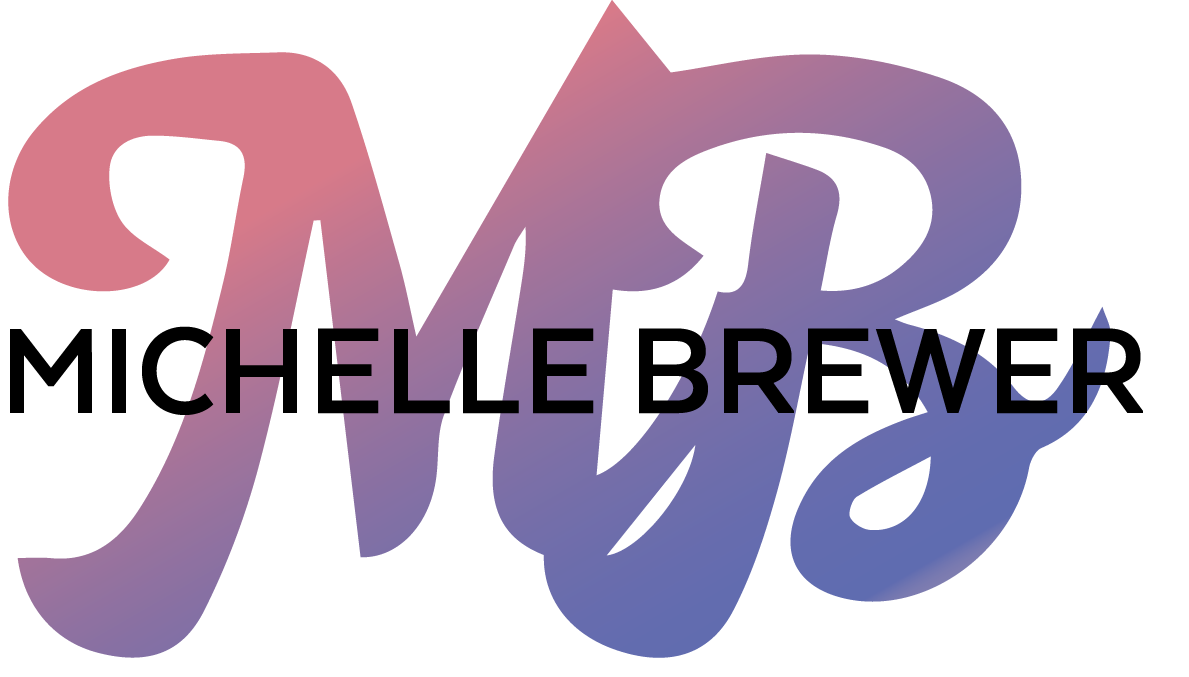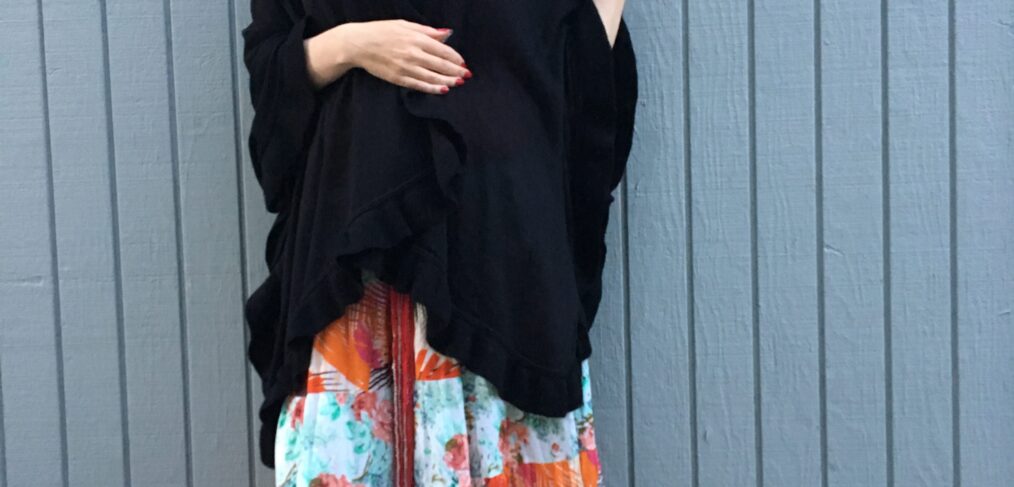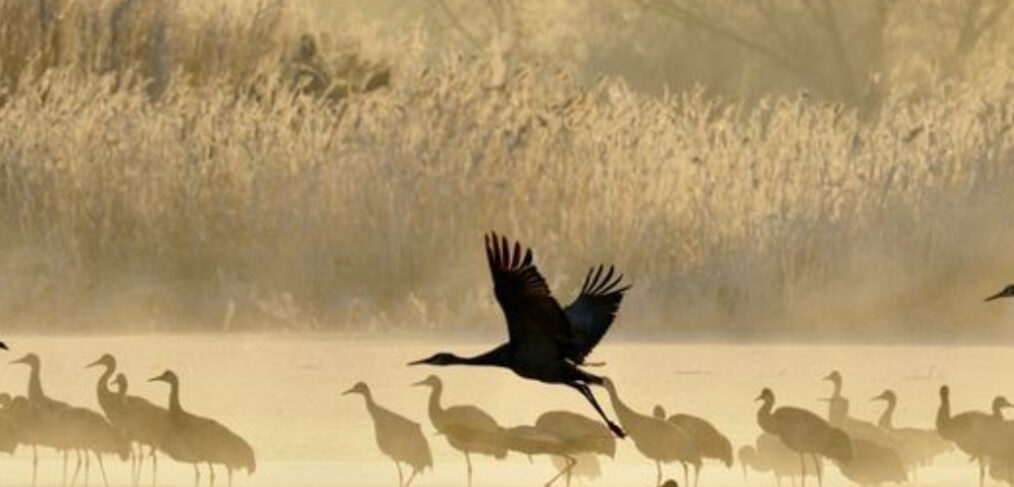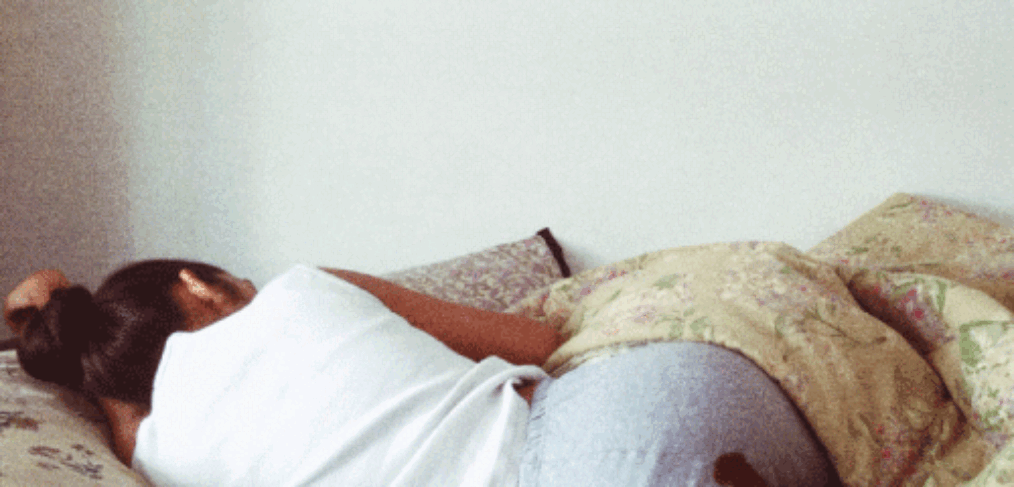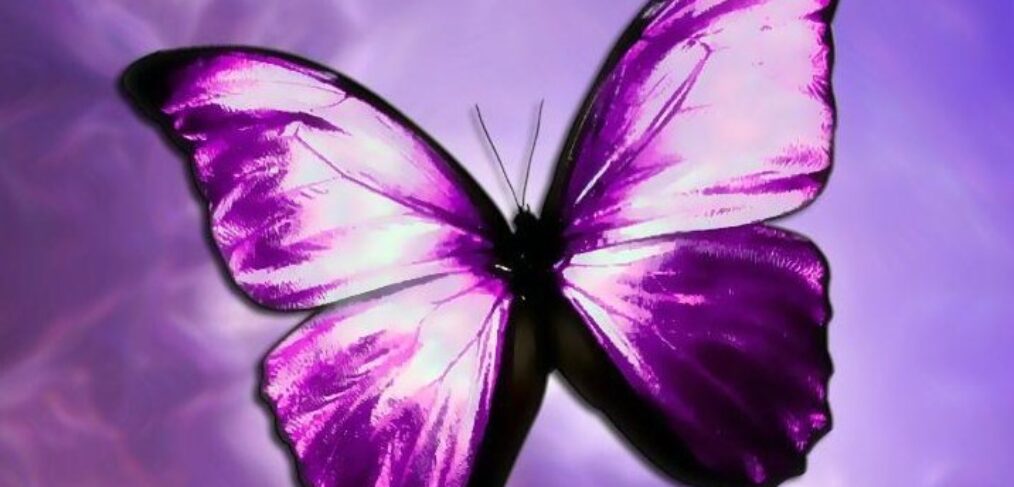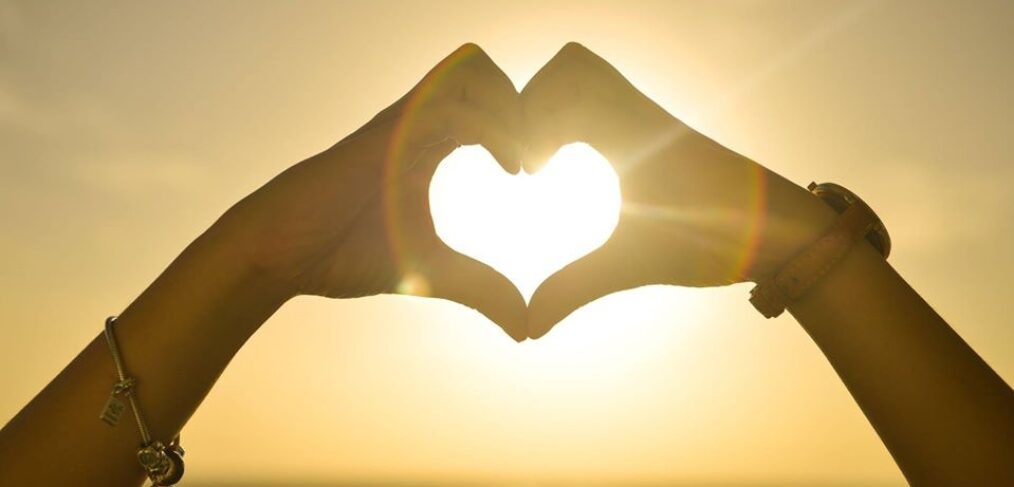Two New Years ago, I set an intention to write 100 blog posts that year. In retrospect, I see that the goal was ambitious. I do not want what I write to simply be stream of consciousness or quantity unpolished, unreflected upon. Still, there are ways with writing that I hold back that don’t help me.
I wrestle with blogging. There is a perfectionist in me that wants everything to be, well, perfect. That is not simply spelling, grammar, paragraphing. That is the easy part. It is more in striking the right balance between relevant and entertaining, serious and playful, logical and beautiful, pedagogical and vulnerable.
I realize in thinking about this that I am seeing blogging as more about appearance than essence. That is philosophy speak in my world for caring more about how it comes across to you than how it is for me. No wonder I was so struck in Elizabeth Gilbert’s book Big Magic when she entreats us to create for the sake of creating. She decries that we have been socialized to see creativity as instrumental (Am I talented? Will people like it?) instead of expressive (How is it an expression of myself? How does it make me feel?). Gilbert believes we all have a human need to create and part of us atrophies when we shut that down. She laments that we need to stop thinking about the audience (or lack thereof) and start believing in the benefits for ourselves.
It happened yet again. A lovely, bright, charismatic young woman came to see me the other day for counselling about her relationship to food and her body. For someone’s first session I always get her story, of course. This woman started off by recounting that her issues with her weight began at age 12. I made a note of this as a point I wanted to return to. Engrossed, she carried on. When her narrative reached its natural conclusion, I began my active engagement. My first question: “I’m curious. How old were you when you got your first period?” “Twelve,” she answered. I was not surprised.
I was 13 when I got my period. It was January of Grade 8. I had started Grade 8 at 98 pounds. By the time I Grade 8 had ended, I was 136 pounds. Quite a change. Wait, wait! I know what you are thinking. With puberty, you gain weight. That is absolutely true. Curves, padding, breasts. All good for pregnancy. But for me it was something more than that. For most of the women who come to see me it is something more than that too. And we hate ourselves for it. Which begs the question: What is so wrong with a woman’s body?
In my pain and powerlessness, my disappointment and self-doubt, I realized that among the myriad of emotions I was experiencing, I did not feel resentment. And yet, I knew that had I slept with the Dude and had he pulled away in the same way he did, I most certainly would have felt resentment. That got me thinking about the nature of resentment.
I decided that there is a way in which resentment is what you feel when you give up a part of yourself to another (expectation
typically unsaid by you, unagreed by the other) that you really don’t want to give up. But you do so in a bid to get the other person to do something you want them to do (and you’re not sure they will). Then, if that person doesn’t do what you wanted them to do, your reaction to their not doing so is resentment. Resentment arises as the result of a one-sided, tacit, failed tactic.
I decided to be bold and name it. I told the Dude that I was “all in” if it were to sit on a couch, watch TV and cuddle. But knowing such situations as I know such situations and knowing myself as I know myself, it would probably lead to sex. He asked what would be wrong with that? (When he did, he had a sweet tone of sincerity that I appreciated and admired.) I replied there was nothing in principle. Honestly, there was a part of myself that would have liked nothing more than to have sex with him. But in my case, it would be too much, too quickly. I countered with the possibility that if we wanted to shift gears and go down the casual road, then let’s do it. But we had both been moving past that in our lives and hoped for something more. His response was that if we had sex, it wouldn’t be casual. Still, the prospect felt overwhelming to my emotional circuitry. I was proud of myself for knowing what I wanted, and what I needed to make that happen.
The Dude and I communicated a lot while I was away, getting to know each other quite well. Personal histories: both divorced, both like movies, both interested in world religions, both committed to social justice, both considering leaving casual relationships behind in the hope for something more. We were excited about the prospect of finally meeting. As soon as I arrived back, we were planning for our first date.
Nearly two years ago, I came across a man’s picture on a dating profile that stopped me. He was attractive enough. And I liked what he had to say. But there was something about his eyes that caught me. They had depth. They looked like they had seen and understood pain. I think that made me feel safe.
I reached out to him at the time, sending a note. Unusual for me as I rarely make the first move with online dating. In fact, I put up barriers to make contact with me a challenge in a bid to weed out insincere people. But something about him captured me. Alas, he did not respond.
I hardly ever go on that website now. But did on a lark late one night a while back as stolen moment of distraction while I was getting through a pile of work. He too was online. I would have been prepared to leave it at just noticing his presence there except that I’d seen him a couple days before at a movie. That had got me wondering about him. So when I saw him on at the same time, I said hello and asked him about what he’d thought of the film.
One woman’s journey from her body to her soul letting her relationship with food show the way.
The keys to healing.
Put absolute faith in the intuitive eating principles. The beauty of this approach is that it is both physical and psychological. It is most effective when you engage on both fronts. You may start with some understanding of why you eat. But that begins to look very theoretical compared to the insights that emerge when you align your eating with your hunger. I have experienced people brought to tears during mindful eating meditations that I lead. Your normal eating is like a lid on a pot. You use it to keep things down. You can guess what lies underneath. But taking the lid off, if you have the courage to, is when you really see what is going on.
One woman’s journey from her body to her soul letting her relationship with food show the way.
In my mid-twenties I came across the books Fat is a Feminist Issue by Susie Orbach and When Food is Love by Geneen Roth. They were part of my discovery of feminism and the proposition ‘the personal is political.’ Through them I realized that I wasn’t alone in my struggles with my body, and they weren’t all my fault. I began to understand that the challenges people, especially women, have with food are substitutes or masks for other struggles that we don’t have the emotional space or safety in our lives to confront. We don’t have the social will in our culture to take on. Intellectually, I connected many dots within myself. Academically, I did a master’s degree on why women use food and their relationship to their bodies to have autonomy and give meaning to their lives. Physically, emotionally and spiritually, I am still finding my way.
One woman’s journey from her body to her soul letting her relationship with food show the way.
Suddenly, my English mind and my French mouth came together effortlessly. I was able to speak to my young interviewer passionately and forcefully (although certainly not perfectly) about my convictions: that we women use fat for protection, dieting for control and distraction; that weighing ourselves on a scale belies our desire for social approval in spite of protests to the contrary; that our physical hunger is trustworthy and our spiritual hungers are important; that the reasons we eat when we’re not hungry (or we don’t eat when we are) are the jewels that can give us insight into the most precious parts of ourselves.
Our personal stories of pain are planted as seeds that take root in the fertile soil of a patriarchal, fat-phobic society. And the patriarchal, fat-shaming society creates personal stories of pain. So it goes. This version of patriarchal society limits women by equating our worth with our size, and then shames us when we dare to step out of that equation. Just look at gossip magazine images and their finger-pointing headlines. We get called out both for being too big and too small, too sexy and too plain, wearing clothes that cover too little and too much. It is a contradictory, confusing, confining and crazy-making world in which to have a female body. It creates the situation where we want to run for the cover of fat and the numbing power of food. Sometimes we eat just to get out of the line of fire. We rebel through fat; we conform through dieting. Either way, we sacrifice ourselves by sacrificing the wisdom of our hunger.
